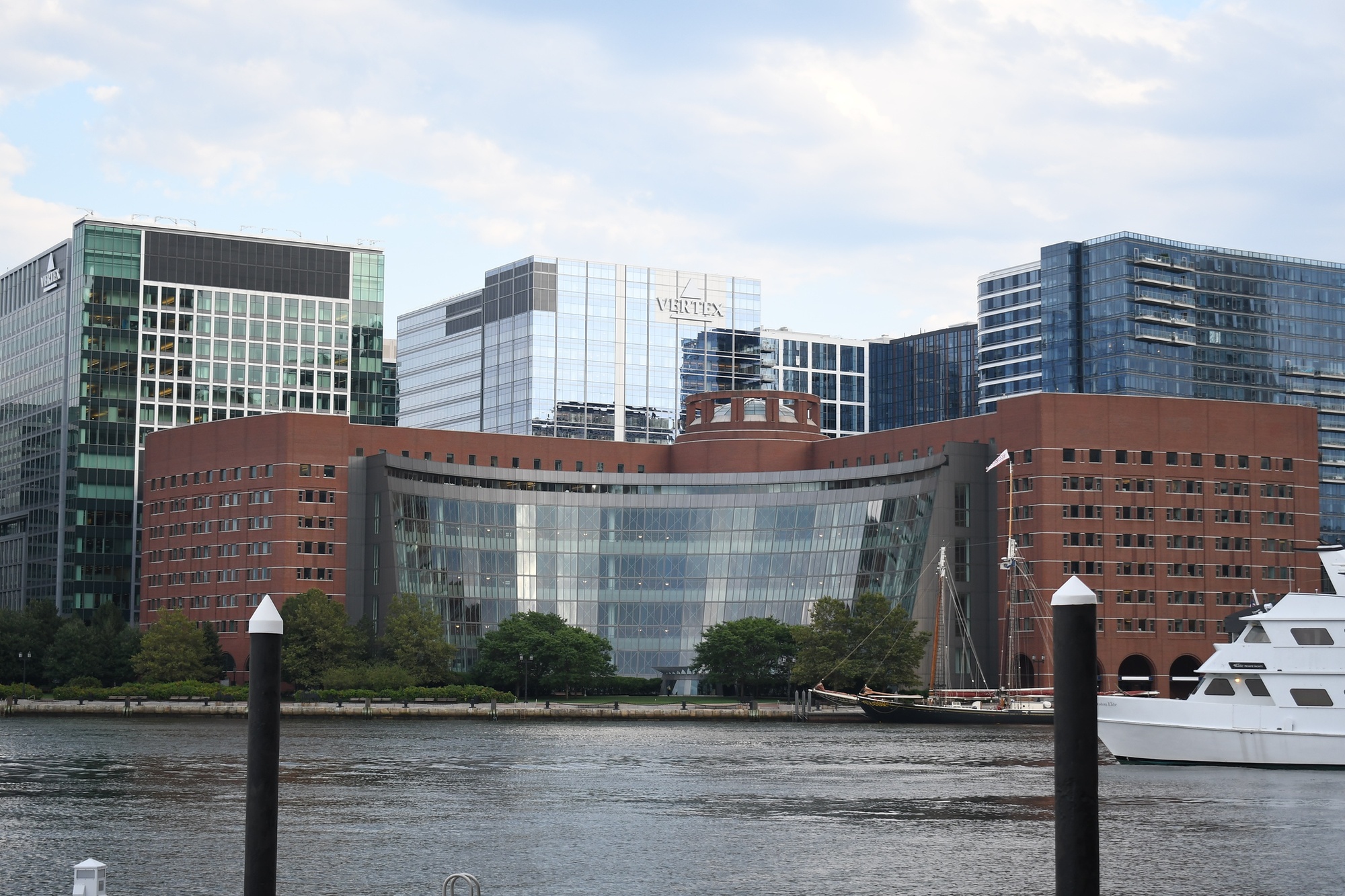Legal Victory for Harvard

Legal Victory for Harvard
In a recent ruling, a federal judge has determined that the Trump administration illegally froze billions in funds for Harvard University. This decision has been deemed a legal victory for Harvard, but the White House has announced plans to appeal the ruling.
Harvard's Funds Frozen
The controversy surrounding the freezing of Harvard's funds began in July 2020, when the Trump administration alleged that the university had misused federal coronavirus relief money. The White House took action by freezing $8.6 billion in funds designated for the institution. However, the judge has now ruled that the administration did not have the legal authority to freeze these funds without providing proper notice and opportunity for Harvard to defend itself.
Implications for Other Universities
This ruling sets a precedent for other universities that may face similar actions from the Trump administration in the future. It also highlights the ongoing tensions between the government and higher education institutions. While this decision is a legal victory for Harvard, the battle is far from over as the White House has stated their intent to appeal. This case serves as a reminder of the importance of transparency and following proper legal procedures in government actions, especially when it comes to the allocation of funds for essential institutions.
About the Organizations Mentioned
Harvard University
## Overview Harvard University, located in Cambridge, Massachusetts, is one of the world’s most prestigious and influential institutions of higher education. Founded in 1636, it is the oldest university in the United States and a global leader in research, education, and innovation, with a particular impact on business and technology. ## What Harvard Does Harvard is a comprehensive university offering undergraduate, graduate, and professional education across a wide array of disciplines. Its core activities include degree-seeking education, continuing and executive education, and extensive sponsored research, both federal and non-federal[2]. The university’s mission-driven approach extends to philanthropy, with a significant portion of its operating revenue derived from endowment income and current-use gifts[2][3]. Harvard is also a major player in technology transfer and entrepreneurship, with strong ties to the Boston-area innovation ecosystem. ## Historical Background Harvard’s long history began as a colonial college established to train clergy. Over the centuries, it evolved into a modern research university, producing numerous Nobel laureates, heads of state, and business leaders. Its alumni and faculty have played pivotal roles in advancing science, technology, and global commerce. ## Key Achievements Harvard’s achievements are vast and varied. It is consistently ranked among the top universities globally, renowned for its rigorous academics, groundbreaking research, and influential alumni network. The university has pioneered major scientific discoveries, developed leading business and law schools, and fostered technology startups through its innovation labs and venture programs. Notably, beginning in the 2025-2026 academic year, Harvard College will be free for students from families with incomes below a certain threshold, significantly expanding access to its world-class education[4]. ## Current Status As of fiscal year 2025, Harvard’s net assets grew to $68.7 billion, despite a modest operating deficit of $113 million on $6.7 billion in operating revenue[2]. The university continues to rely heavily on philanthropy, with curren
White House
The **White House Office** is a central organizational component within the Executive Office of the President of the United States (EOP), tasked with supporting the President in managing day-to-day operations, policy formulation, and political affairs. It is headed by the White House Chief of Staff and staffed by senior aides who report directly to the President, including those with titles such as Assistant to the President and Deputy Assistant to the President. These staff members are mostly political appointees without the need for Senate confirmation, allowing the President considerable discretion in shaping the office to suit each administration's priorities[1]. Historically, the White House Office was established in 1939 through Reorganization Plan 1 and Executive Order 8248 to provide immediate assistance to the President. It functions as the nerve center for presidential staff, physically located primarily in the West Wing, and plays a pivotal role in managing the President’s policy agenda, communications, and political strategy. Its flexible organization allows each President to tailor the staff composition and roles according to their governance style and objectives[1]. In the current context of 2025, the White House Office operates under the administration of President Donald J. Trump, who returned to office after the 2024 election. His administration emphasizes rejecting prior policies deemed extremist and focuses on enhancing quality of life, economic growth, and American energy dominance. The administration includes Vice President JD Vance and First Lady Melania Trump, among others, with a Cabinet advising on various governmental functions[4][6]. Recent initiatives linked to the White House’s operational sphere include the establishment of a new **Department of Government Efficiency (DOGE)** aimed at modernizing federal technology and software to boost government productivity. The DOGE agenda is implemented through the renamed United States DOGE Service within the Executive Office, reflecting a concerted push to leverage technology for administrative modernization[5]. Notably, the White House Office also coordinates national security and homeland security functions through the National Security Council staff, underscoring its central role


















